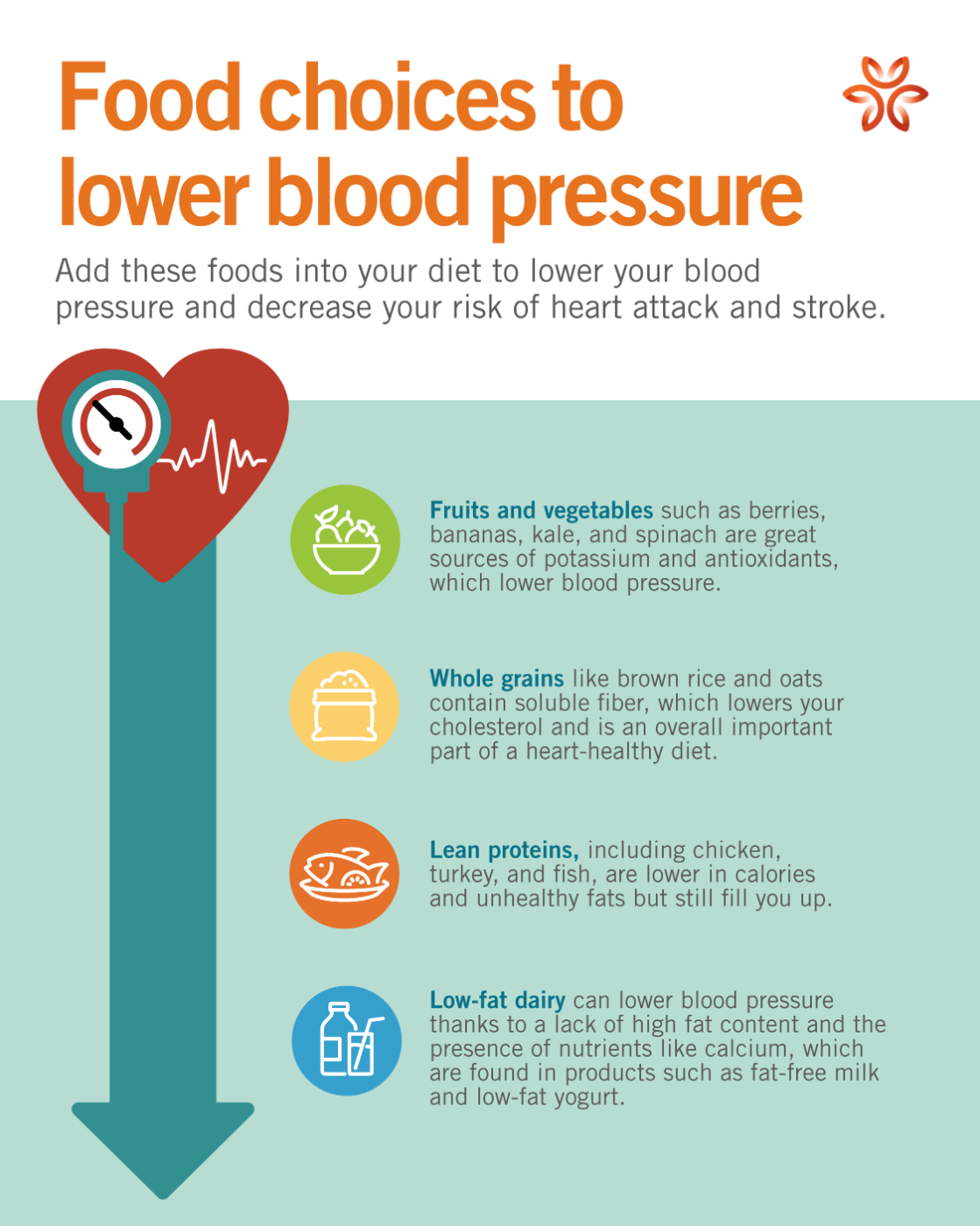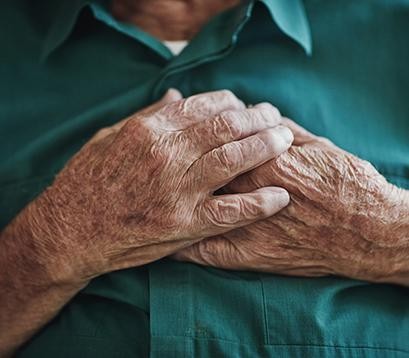Cardiac catheterization is a diagnostic and therapeutic procedure that allows doctors to study the heart and surrounding blood vessels. One or more thin, flexible tubes are inserted through a blood vessel in the arm or leg to record blood flow, calculate cardiac output, and evaluate the heart’s electrical activity.
Cardiac catheterization lab procedures
- Cardiac catheterization
- Angioplasty/Stenting
- Peripheral angiogram
- Permanent pacemaker insertion
- Transesophageal echocardiography (TEE)
- Loop recorder implantation
Complex procedures
- Biopsies and draining fluid build-up around the heart
- Vascular procedures in the arteries and veins of the arms and legs
PCI and angioplasty
During angioplasty, a catheter is inserted into an artery in the groin or the wrist. With X-ray guidance, your doctor will move this thin tube up to the diseased coronary artery. He or she will inject a dye to better visualize the artery. Once the catheter reaches the blockage, a small balloon is inflated and pushes the plaque aside while adding a stent in place. This opens the coronary artery to increase blood flow to the heart muscle.
A cardiologist will perform your angioplasty in a cardiac catheterization lab (Cath lab) at Mercy Medical Center. You will be sedated and comfortable during the procedure.
Risks of angioplasty include problems with the dye, blood vessel damage, irregular heartbeat, stroke, heart attack, and possibly emergency heart surgery. These risks occur infrequently, but you should be aware of this possibility.






